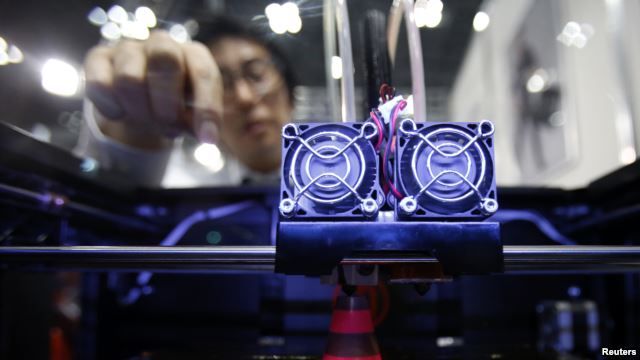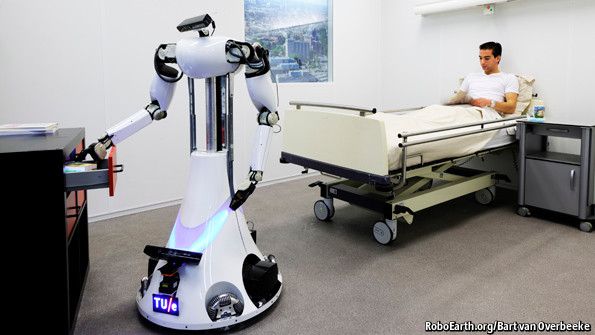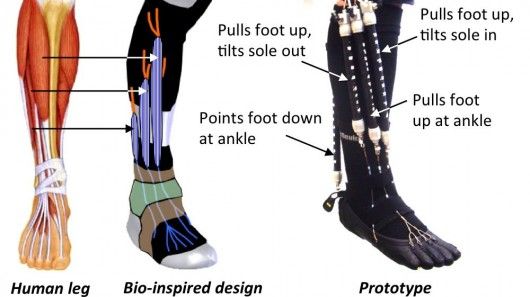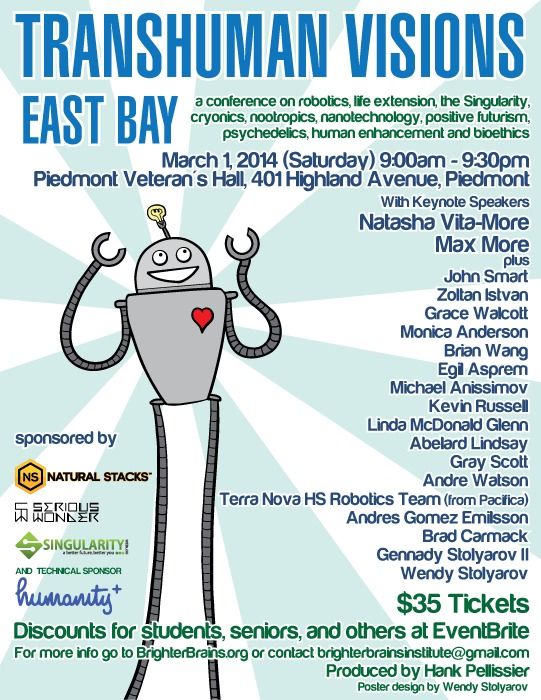We have been using the same propellant system for rockets since the Chinese fire arrows in 1000 A.D. A gas is expanded in a tube to generate force. Enough gas and force and you can break the bonds of the earth.
From gunpowder to liquid propellants to solid rocket boosters, nothing except size and volume has changed.
New proposed systems such as nuclear engines, magnetic rail guns, ion engines are all options that have not been shown to be functional at this point in time.
Our popular fantasy TV and movies all have some unspecified, powerful propulsion system that can easily break our gravity well to send us to outer space.
Continue reading “Hydrogen Space Launch” »















